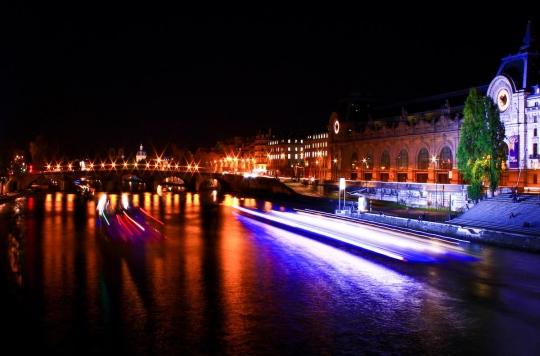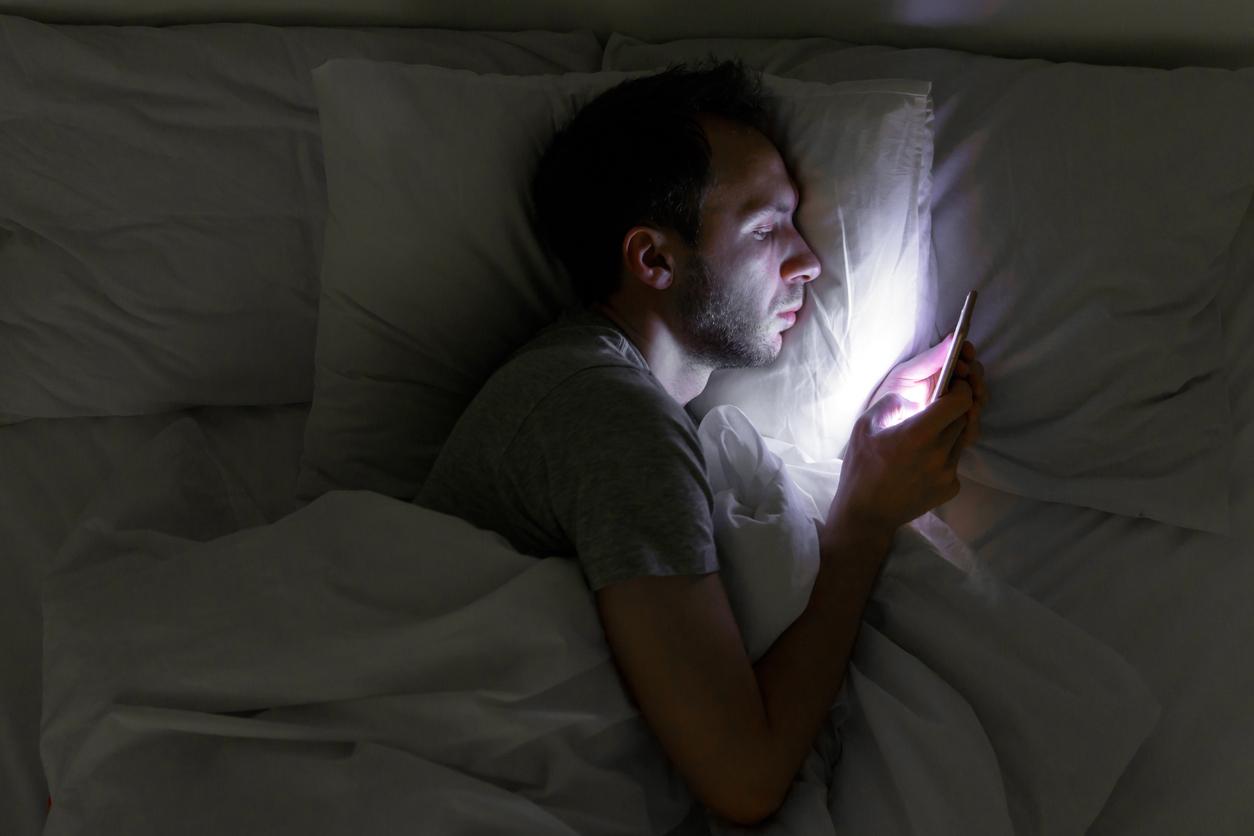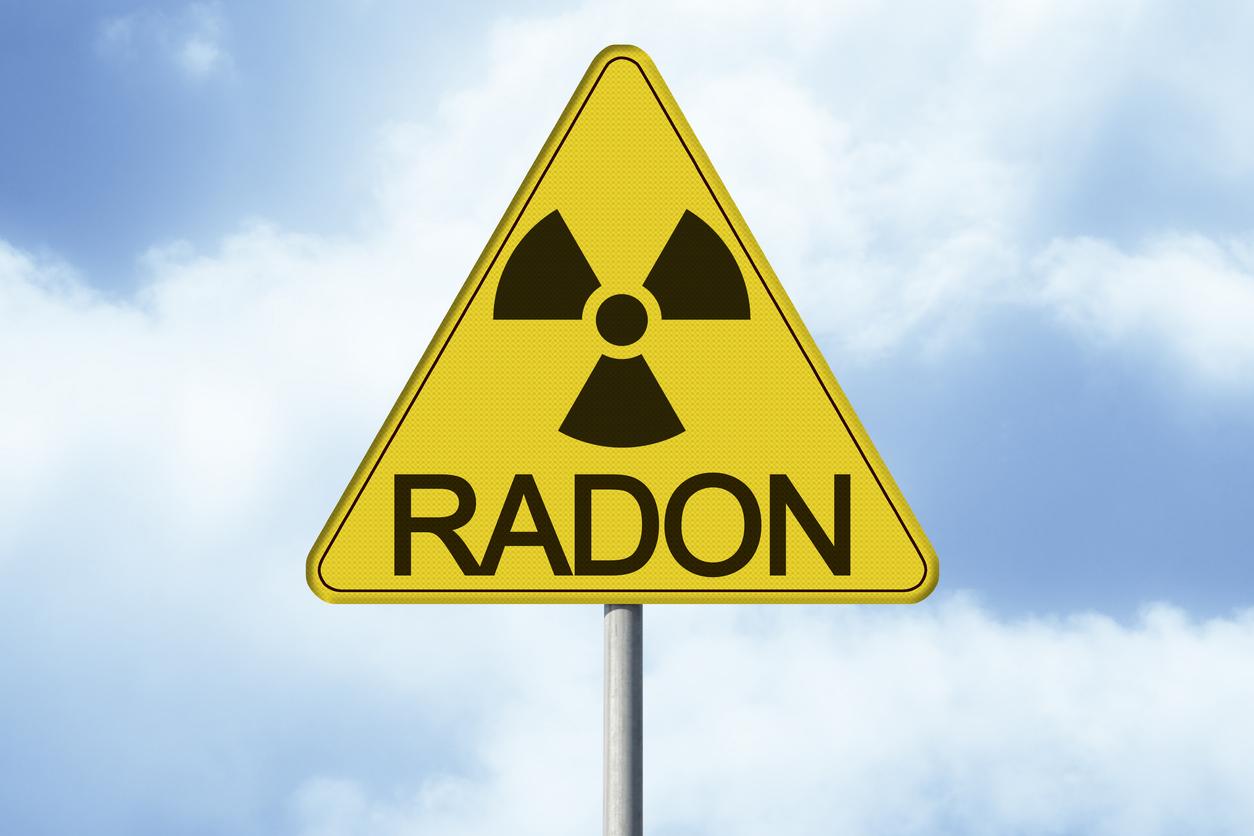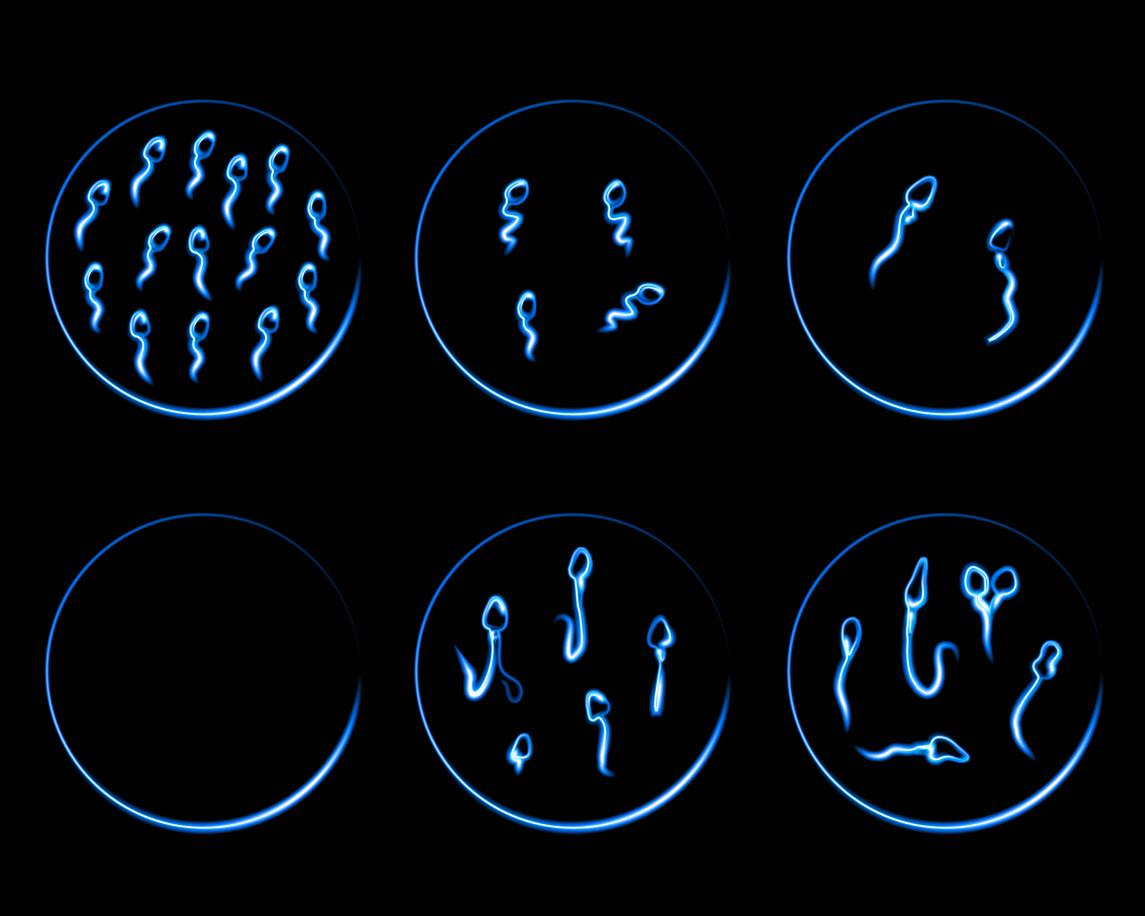According to a study, light pollution harms the health of the fetus. This could be related to the disruption of circadian rhythms.

- Light pollution – which illuminates the night – has an impact on the fetus and is associated with a risk of premature birth
- It is the disruption of the biological clock that would explain this effect of light pollution
Light pollution is harmful for the environment, but also for our health. It represents all the sources of light that illuminate the night. “While greater use of artificial lights at night is often associated with greater economic prosperityexplains Muzhe Yang, professor of economics at Lehigh University, our study highlights the overlooked positive effects of darkness on our health.” With his team, he has been interested in the consequences of light pollution on the health of the youngest. They find that it is harmful, including for the foetus. Their results are presented in Southern Economic Journal.
The stars, a tool for measuring light pollution
To carry out this study, the researchers measured the luminous halos, these are the domes of light present above the cities during the night. They find that increased brightness at night, defined as seeing only a quarter to a third of the stars in an unpolluted sky, is associated with a 12.9% increase in the risk of preterm birth. Light pollution is also associated with low birth weight and reduced gestation time.
A disruption of the circadian rhythm
For the main author of this study, the disruption of the circadian rhythm, or our biological clock, could explain these consequences of light pollution on children. It causes sleep disorders, the consequences of which can affect the fetus. “We must take into account that the biological clock, that is to say the circadian rhythm, of the human body, needs darkness to regulate physiological functions, including sleep“, he says. However, the artificial lights used at night disrupt this rhythm, even if they have become essential to modern societies.
A higher risk of chronic insomnia
Other research has focused on the consequences of light pollution on our health. In 2018, for the first time, Korean researchers proved that these night lights, characteristic of cities, cause insomnia. Their study was carried out among 52,027 people aged 60 or over. Scientists have found that the more pollution there is at night, the more people use sleeping pills. “Our results confirm that outdoor lighting may be linked to sleep deprivation“, analyzes Kyoung-bok Min, director of research. This recurrent insomnia reduces alertness, increases the risk of accidents, decreases concentration and memory, and also creates an attraction for fatty and sugary products. In France, a one in five suffers from chronic insomnia.

.

















